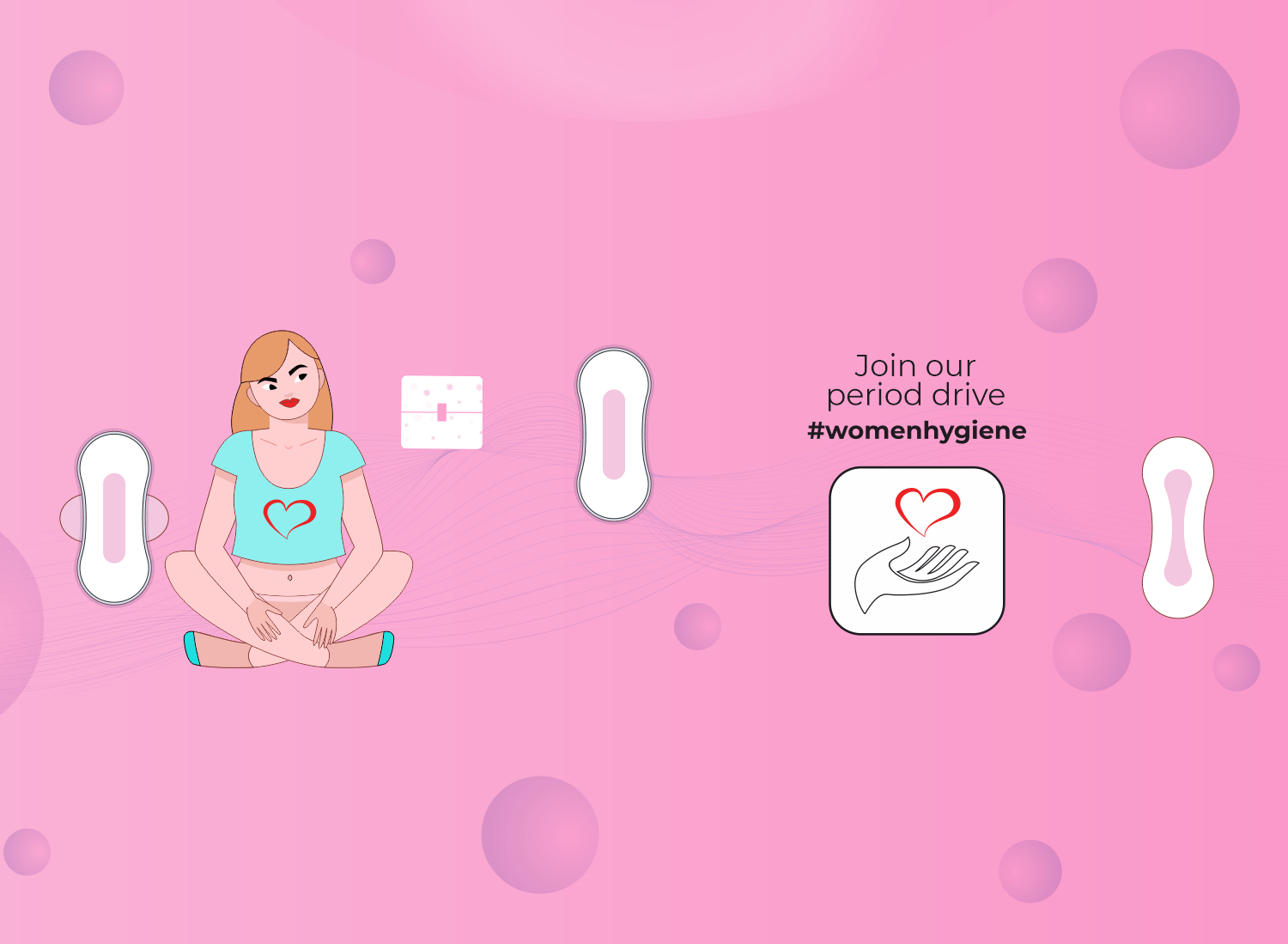FINDINGS
In 2020, a survey was conducted by Shazes of nearly 800 Indian women who participated from various cities of India that included Delhi, Jabalpur, Nagpur & Hyderabad.
Survey communication with community members was done – 11% over the phone, 24% over WhatsApp, 31% through community volunteers & 34% through health workers.
- 30% responded no facilities for girls to change & dispose of sanitary pads.
- 60% did not have any prior knowledge about menstrual periods.
- 38% of women had first misinterpreted it as an injury or disease.
- 80% of respondents claimed that Indian schools do not have an adequate system to educate or mentally prepare teen & adolescent girls regarding the onset of menstrual periods.
- 95% asserted that the school system should have some awareness programs to prepare girls on the subject.
- 60% of women felt that India does not have adequate cleanliness of public toilets.
- 50% of women said they have had some gynecological infection or problem such as UTI, rashes, foul smell, or itching during or after the menstrual cycle in the past six months.
- 20% of women had such issues more than 3 times during the year.
- 64% faced irregularities in their period dates. Out of which half had to deal with it more than 3 times in a year.
Environmental Hazard
According to Menstrual Health Alliance India, one sanitary pad could take 500 to 800 years to decompose as the plastic used is non-biodegradable and can lead to health and environmental hazards.
No Bio-disposable bags are provided for a safer & more sanitary way to dispose-off your intimate hygiene products.
| Other Sanitary Pads | Flyira Sanitary Pads |
|---|---|
| Use of chemicals like Dioxin, Plastics, Chlorine, Latex, Rayon, That is the reason behind deadly diseases like Cancer | Flyira Organic and 100% Natural |
| Artificial Perfumes | No Added Perfumes |
| Not Safe for Environment | Bio Disposable Bags With Every Pack |






